

I’d Rather Be a Mouse Than an Elf
I love pretending to be an elf just as much as the next guy, but it pales in comparison to the joys of pretending to be a mouse with a sewing needle sword at my side.

AI and Empty Art
On the perils of artificial intelligence when it comes to the tabletop gaming medium.

Killable Peoples
It says something about your game’s setting if orcs can be killed on sight by “good” characters just as it says something entirely different if you can wantonly slay bandits without remorse. I detail lots of different potential targets for violence and what they might say about a given campaign setting.

Advantage by Default
Instead of punishing being over-encumbered, would players be more willing to track their inventory if we rewarded being under-encumbered?

The Languages of D&D Imply a Specific Setting
If you start from the premise that languages in D&D make sense you can extrapolate a bit about its implied setting.

Monster, Maiden, Madonna, Medusa
The medusa is a cool monster that was the victim of TSR’s honeypot encounter design like so many other female-coded monsters. A close reading of woman monsters in Keep on the Borderlands, White Plume Mountain, and Numenera.

Toybox Creativity: The Genius of Dragon Ball
What Akira Toriyama can teach you about creativity and worldbuilding.

D&D Initiative & The McDonald’s Problem
New initiative rules plus some theory about a counterintuitive way for speeding up your combat.

Posters, Posers and POSR(s)
A brief history of the OSR as an artistic movement and some thoughts on what comes after it.

How Zelda: Tears of the Kingdom Proves Me Right
What can the latest entry in the Zelda games teach us about how to run tabletop RPGs?
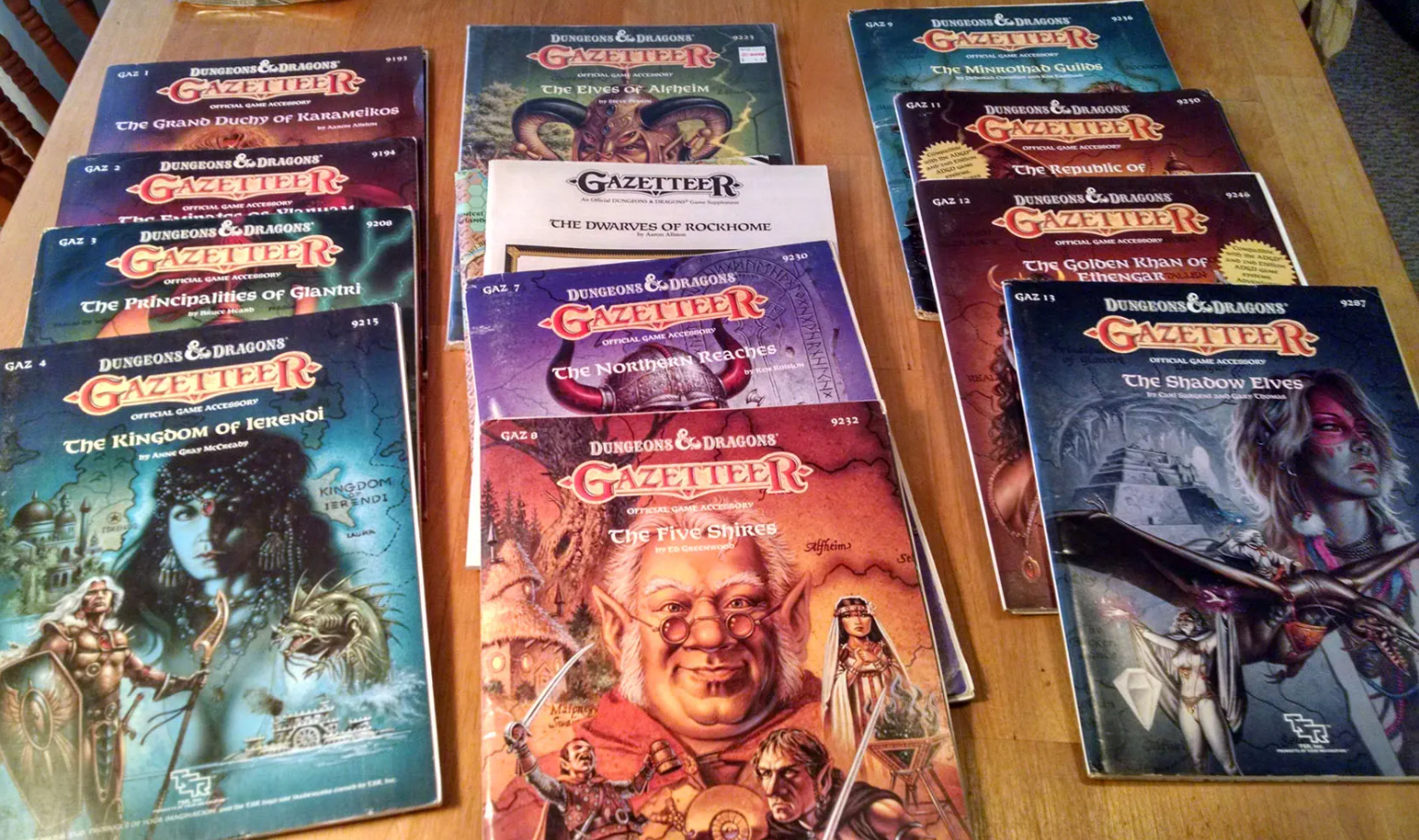
Lore! What Is It Good For?
RPGs shouldn’t blather about their lore. Hide your lore in something gameable like you’re hiding your pet’s medicine in a piece of cheese.
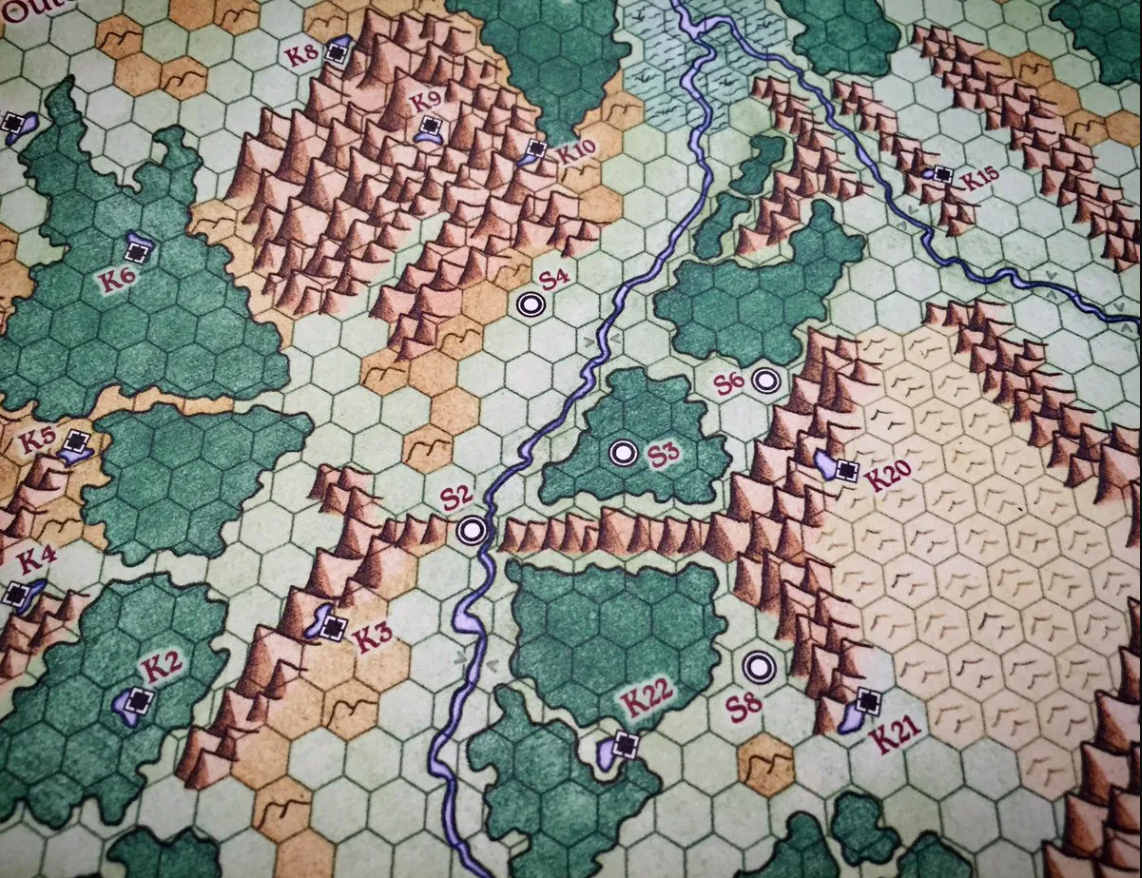
Hexcrawl Checklist: Part Two
The second part in a comprehensive guide for designing and running your own hexcrawl campaign, which focuses on random encounters, calendars, factions, history and rumors.

Hexcrawl Checklist: Part One
The first part in a comprehensive guide for designing and running your own hexcrawl campaign.
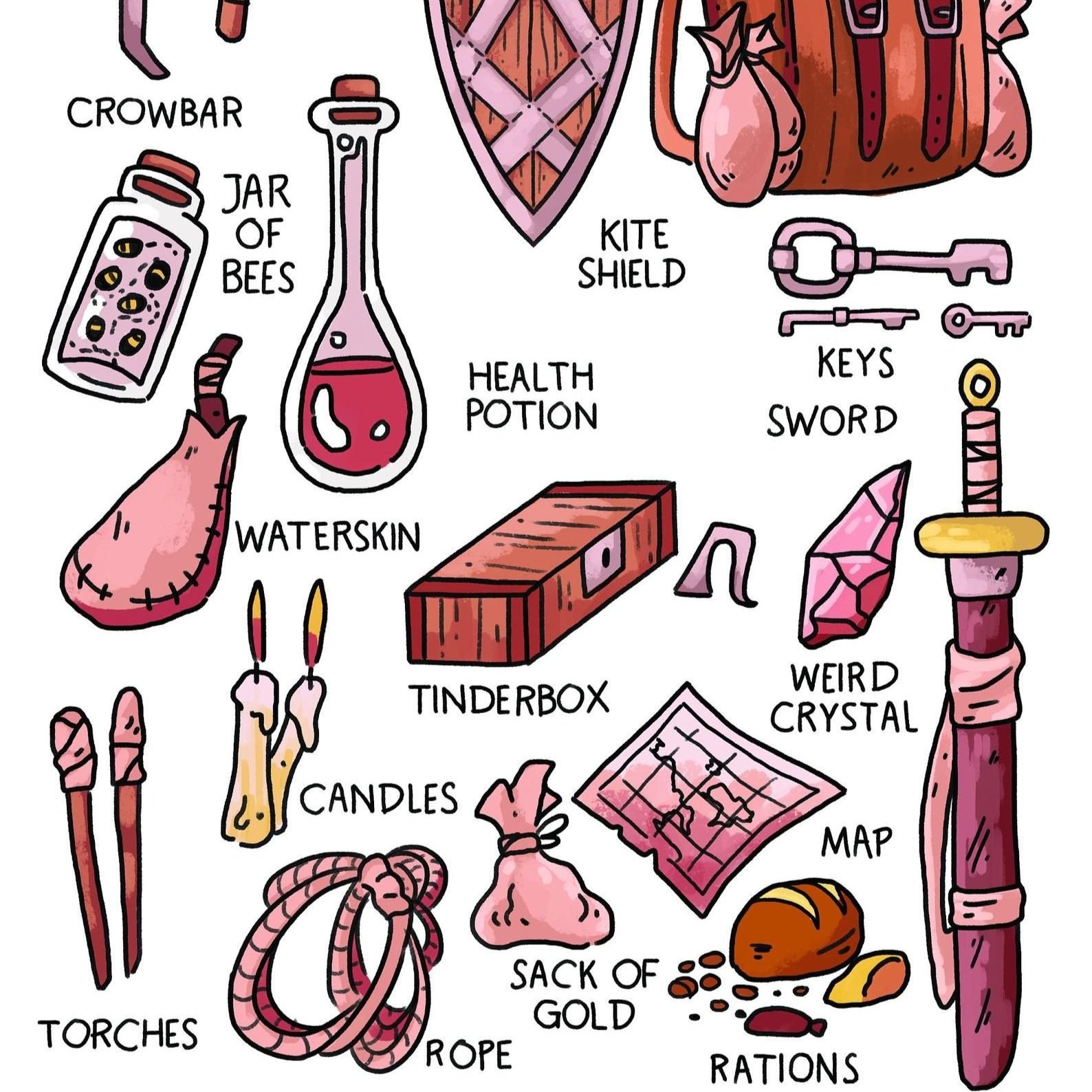
Shopping, Listing, Picking and Gambling
I evaluate the various methods of equipping starting characters based on the goals of player agency, speed and randomness.
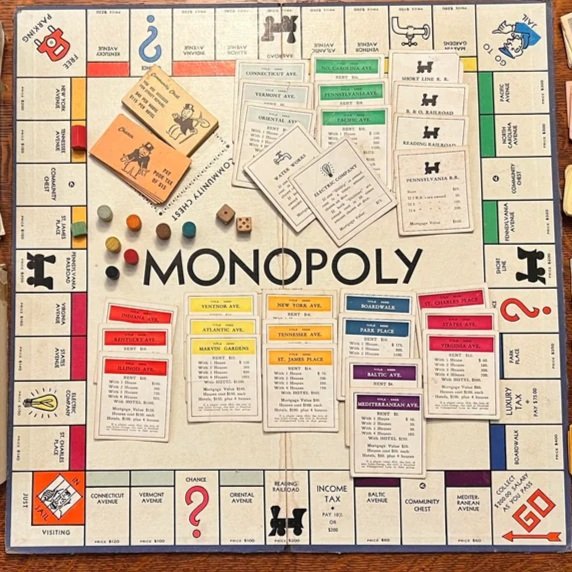
What Even Is a “Procedure”?
So a game has “procedures” but what does that mean? This post presents a basic definition for an aspect of TTRPGs that is garnering more and more critical attention.

Universal, System-Neutral Stats
It isn’t much fun to convert monsters from system to system. The answer is to not give non-diegetic stats for the monsters in your system-neutral adventures.
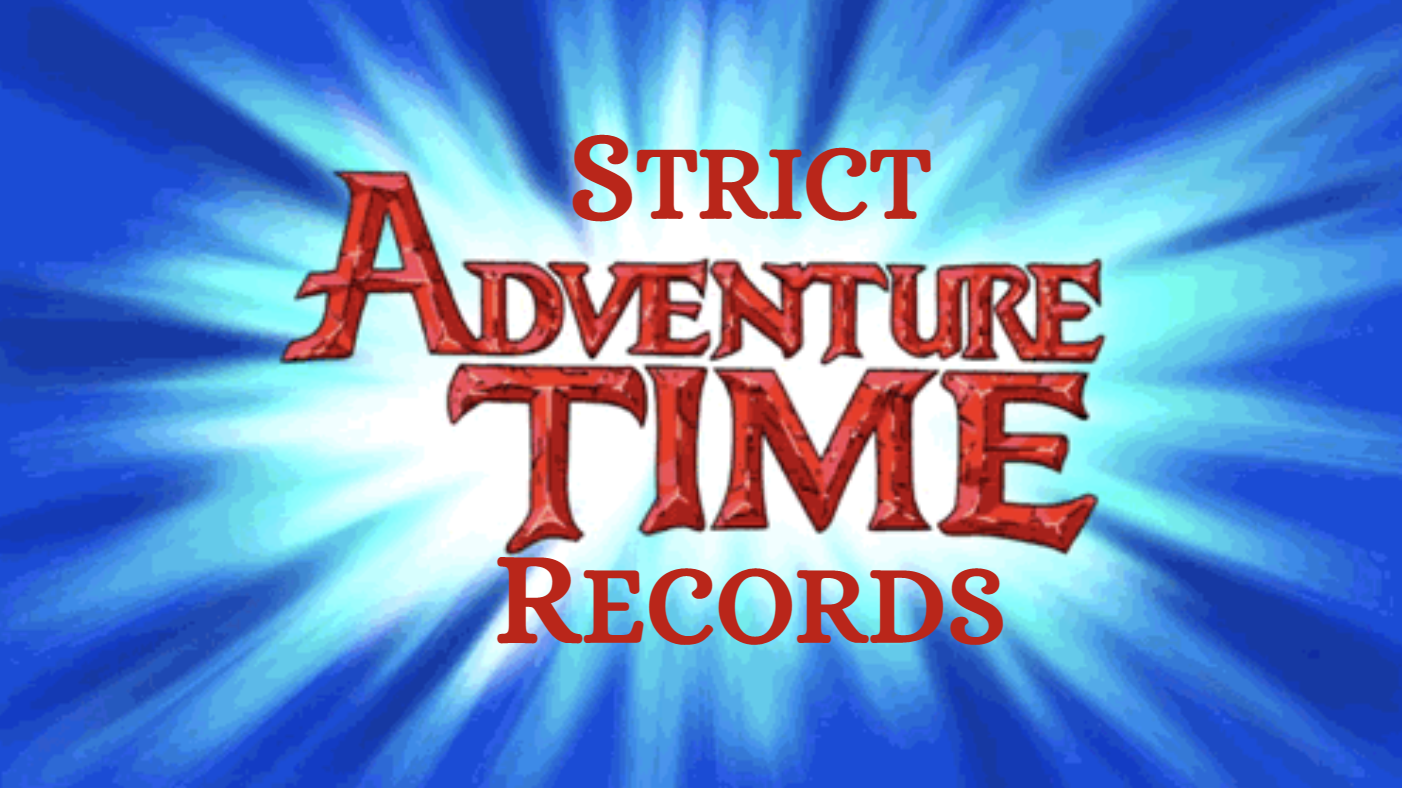
Calendars, Not Just Maps
Maps are important for running location-based adventures, but having a useful calendar or timeline is equally essential.

Your Taverns Need a Procedure
I propose a procedure for running TTRPG taverns less like a beginner’s improv class and more like the Mos Eisley Cantina. I also briefly describe the trend of “proceduralism” in the OSR and Post-OSR.

The Secret to Realism in Games
People often ask for realism in their games but have difficulty articulating what it is they really want. If realism is understood as a world that reacts to player-character actions in a logical and consistent way, it enhances the verisimilitude of the fiction and the player agency in the game.

The Basic Procedure of the OSR
Most OSR and Post-OSR games run on a core, often unspoken procedure of questions and answers. This post interrogates ways this is similar (and dissimilar) from story games and synthesizes the approach.
